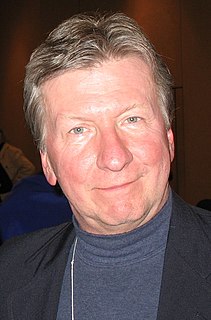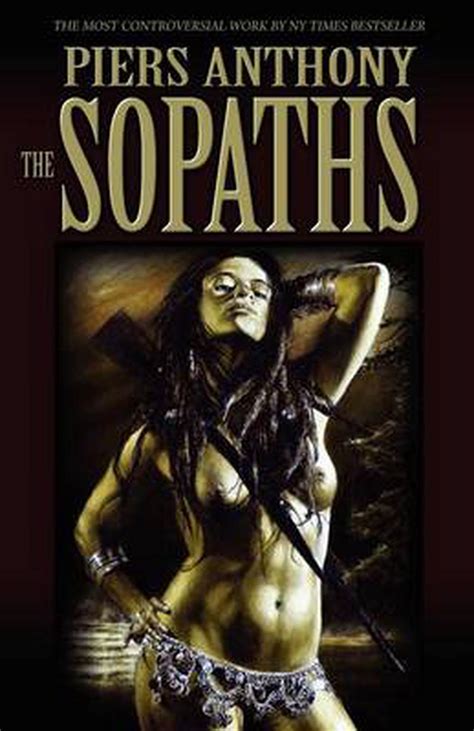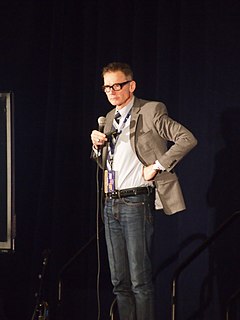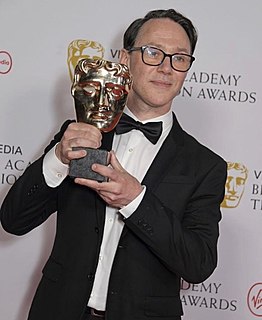A Quote by F. Paul Wilson
I had an idea for a medical conspiracy thriller. Since it was non-horror, I didn't want the publishers and editors bringing a lot of baggage - my history as a genre writer in the SF and horror fields, for instance - to the novel when they read it. I wanted them to consider the book solely on its own merits. So I called myself Colin Andrews. I was tired of seeing my books at floor level. Not that Herman Wouk and Phyllis Whitney and William Wharton are bad company, but I wanted to be up at eye level for a change, where people with bad backs could get a chance to see my books.
Quote Topics
Backs
Bad
Bad Back
Bad Company
Baggage
Book
Books
Bringing
Chance
Change
Colin
Company
Consider
Conspiracy
Could
Editors
Eye
Fields
Floor
Genre
Get
Had
History
Horror
Idea
Instance
Level
Lot
Medical
Merits
Myself
Novel
Own
People
Publishers
Read
See
Seeing
Since
Solely
Them
Thriller
Tired
Up
Want
Wanted
Whitney
William
Writer
Related Quotes
Audiences are very sophisticated and they know the nuts and bolts of the genre - certainly with horror more than others I think. But they attract lots of people, they're much derided as a genre but people go and see them and they're not all dumb. There's some very clever horror films. Stephen King gets a lot of flack for not being a proper writer because he's a horror writer, but I think he writes some brilliant books. I think it's wrong to just bin it before looking at it.
I am very bad at remembering the books I've read and so recently I had a wonderful experience. I decided I wanted to teach Toni Morrison's The Bluest Eye. I hadn't read it in twenty-five years. I was surprised to find how much I drew from that book. Stole from that book, learned from that book about writing. I had forgotten and there it was. Morrison has called that text faulted. I cannot see how.
I had always loved horror films, so I wanted to do something in the horror genre but wanted it to be sweet and charming at the same time. Because there's a difference between watching horror, where you can leave it behind, and writing horror, where you have to live in it for months and months at a time.
I wanted a metamorphosis, a change to fish, to leviathan, to destroyer. I wanted the earth to open up, to swallow everything in one engulfing yawn. I wanted to see the city buried fathoms deep in the bosom of the sea. I wanted to sit in a cave and read by candlelight. I wanted that eye extinguished so that I might have a chance to know my own body, my own desires. I wanted to be alone for a thousand years in order to reflect on what I had seen and heard - and in order to forget.
You could say I'd rewritten the same novel three times and I thought I had to move on. The success of the book, and then the movie, had by then also created a commercial expectation and I remember touring America and seeing people in the audiences who I thought might not want to read the books I wanted to write next. My constituency had become broader, but more mysterious to me.
I like the idea of standalone novels. I always found with series of books, it's something that publishers love obviously because they can make a lot of money and they build an audience from book to book, but I don't like that as a writer. I prefer the idea of just telling a story, completing it within your book, and moving on and not forcing a child to read eight of them.
The most important thing for a writer to do is to write. It really doesn't matter what you write as long as you are able to write fluidly, very quickly, very effortlessly. It needs to become not second nature but really first nature to you. And read; you need to read and you need to read excellent books and then some bad books. Not as many bad books, but some bad books, so that you can see what both look like and why both are what they are.
One wouldn't want to say that what makes a good writer is the number of books that the writer wrote because you could write a whole number of bad books. Books that don't work, mediocre books, or there's a whole bunch of people in the pulp tradition who have done that. They just wrote... and actually they didn't write a whole bunch of books, they just wrote one book many times.
The bookstore was a parking lot for used graveyards. Thousands of graveyards were parked in rows like cars. Most of the books were out of print, and no one wanted to read them any more and the people who had read the books had died or forgotten about them, but through the organic process of music the books had become virgins again.


































